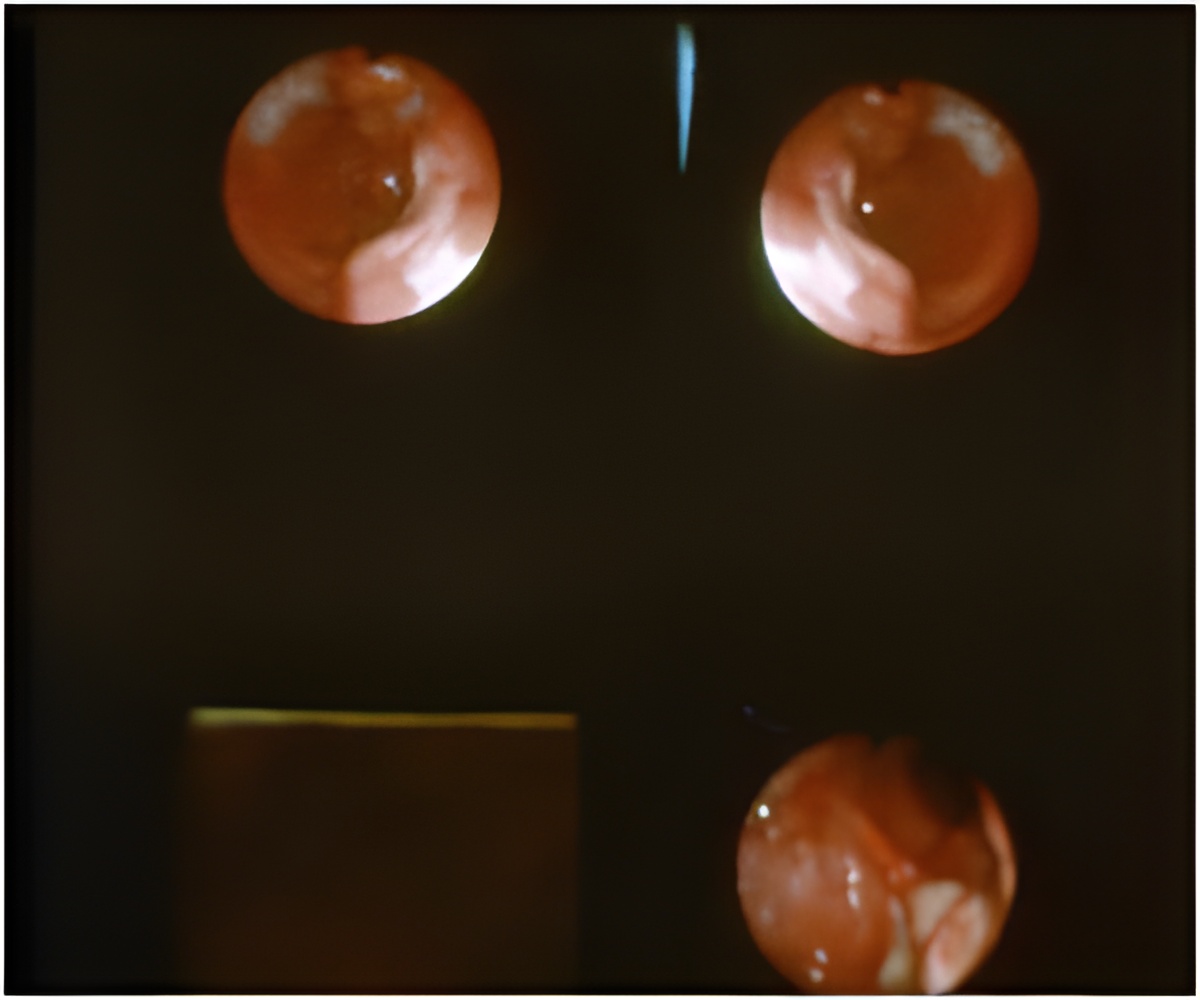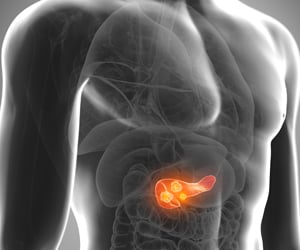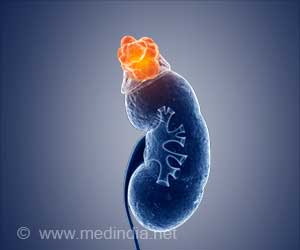Nearly 750,000 patients die of stomach cancer every year. This stomach cancer is found to be mainly caused by Helicobacter pylori (H. pylori).

- 750,000 patients die of stomach cancer each year after developing the disease. The main cause of this cancer is thought to be Helicobacter pylori (H. pylori) bacteria
- Gastric cancer is one of the five most fatal types of cancer
- This bacteria has been known destroy the stomach's protective layer, it secretes a protease enzyme called HtrA to penetrate these layers
At present, there are no effective therapies for gastric cancer and growing spread of antibiotic resistance is further complicating treatment of the infection. Researchers at Friedrich-Alexander-Universität Erlangen-Nürnberg (FAU) have now identified two mechanisms through which this bacterium can cause gastric cancer. Their findings could result in the development of new therapeutic approaches.
The international team of scientists headed by Dr. Nicole Tegtmeyer of the Chair of Microbiology at Friedrich-Alexander-Universität Erlangen-Nürnberg (FAU) investigated how bacteria destroy the stomach's protective layer. This protective layer is composed of densely packed epithelial cells that protect the stomach against the effects of gastric acid.
The researchers have now discovered that H. pylori secrete an enzyme, a protease called HtrA, which it uses much like a weapon to penetrate this protective layer. HtrA cleaves the three proteins occludin, claudin-8, and E-cadherin, rupturing the layer of epithelial cells.
As a result, the H. pylori bacteria can access deeper, normally pathogen-free tissue layers, and inflict further damage. This is the first step towards gastric cancer starting to develop.
This first phase, however, is followed by one that is even more dangerous, as the team discovered.
Another effect of this protein is that it prevents the human immune system from recognizing and eliminating the bacteria - a crucial mechanism for the long-term survival of H. pylori in the human stomach.
Reference
- Nicole Tegtmeyer, Silja Wessler, Vittorio Necchi, Manfred Rohde, Aileen Harrer, Tilman T. Rau, Carmen Isabell Asche, Manja Boehm, Holger Loessner, Ceu Figueiredo, Michael Naumann, Ralf Palmisano, Enrico Solcia, Vittorio Ricci, Steffen Backert11,'Correspondence information about the author Steffen Backert. Helicobacter pylori Employs a Unique Basolateral Type IV Secretion Mechanism for CagA Delivery, Cell host and microbe(2017)DOI:http://dx.doi.org/10.1016/j.chom.2017.09.005
Source-Eurekalert
 MEDINDIA
MEDINDIA



 Email
Email









